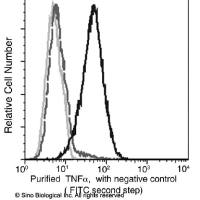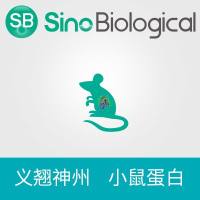A prerequisite for proper investigation of self-renewal and differentiation of hematopoietic cells is the possibility to obtain large quantities of homogenous primary progenitors under defined conditions, allowing meaningful biochemical and molecular analyses. These cells should show renewal and differentiation characteristics similar to the in vivo situation. The serum-free culture systems delineated in this chapter meet these requirements, employing primary hematopoietic cells derived from murine fetal liver and human umbilical cord blood, which show physiological self-renewal responses to cytokine/hormone combinations, which in vivo are involved in stress hematopoiesis. We describe the expansion and sustained proliferation of multipotent (mouse) and erythroid (mouse and human) progenitors, responding to physiological signals. Moreover, both mouse and human erythroid progenitors can be induced to undergo synchronous terminal differentiation by addition of high levels of erythropoietin. If fetal liver cells from p53−/− mice are used, respective multipotent and erythroid cells undergo immortalization without an obvious Hayflick crisis, but otherwise retain their primary cell characteristics. Finally, both primary and immortal mouse progenitors can be subjected to genetic manipulation via retroviral constructs with high efficiency.






